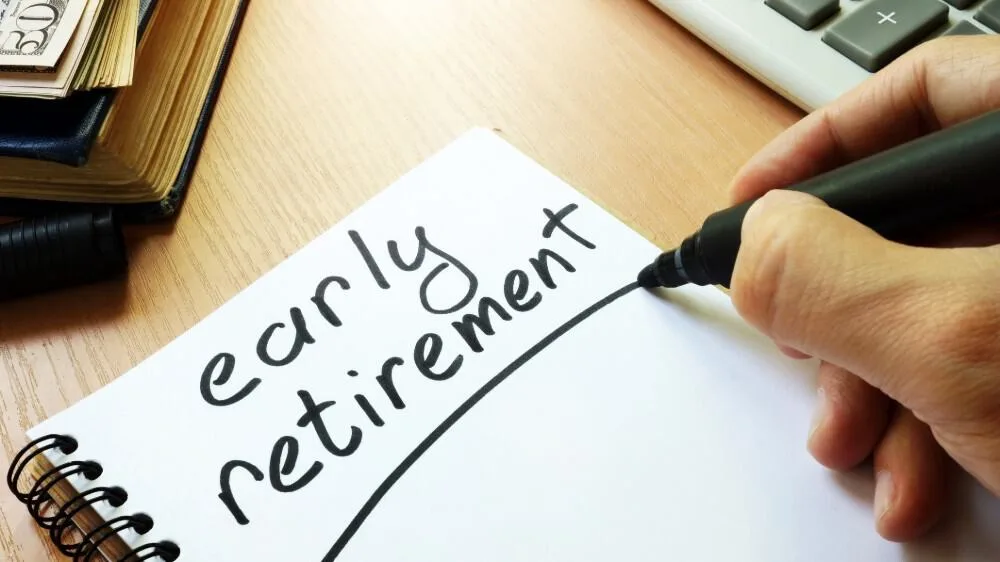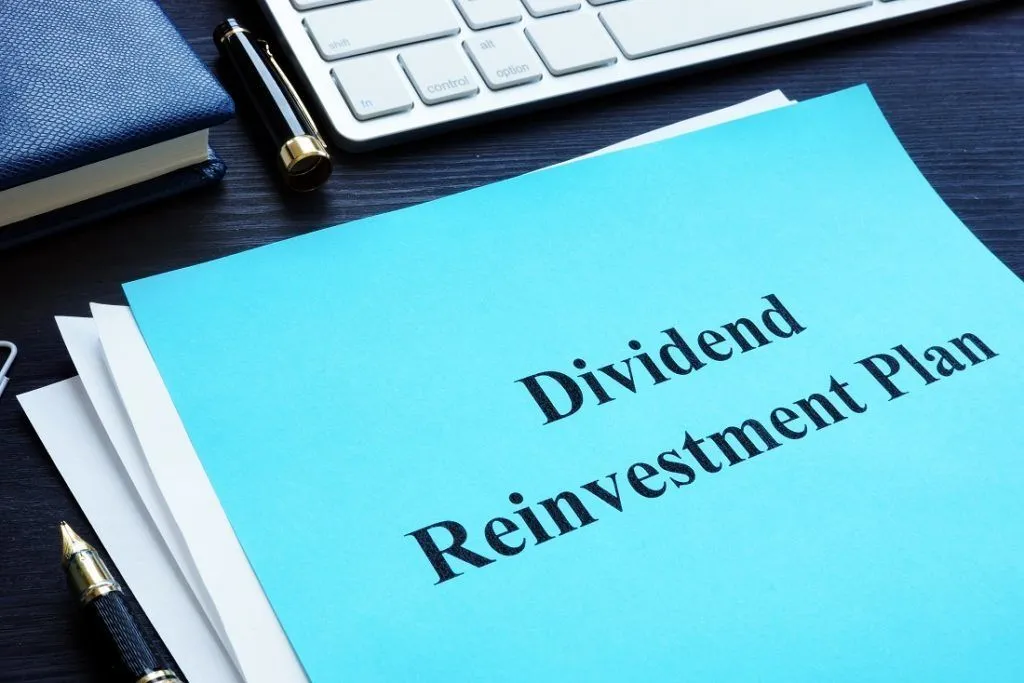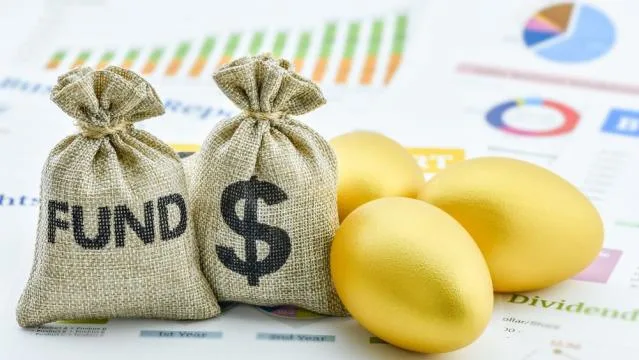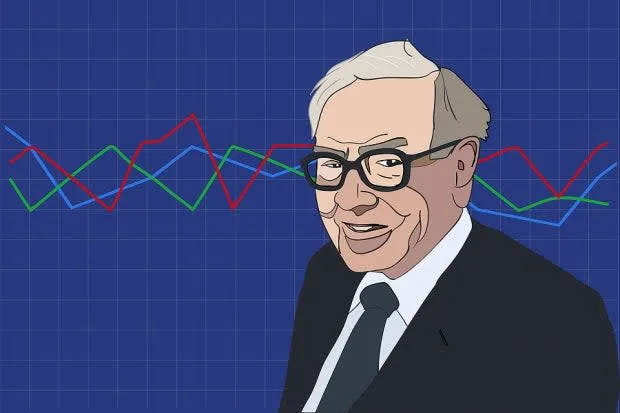The normal age to retire and start receiving a pension in Canada is 65. This is when your Old Age Security (OAS) kicks in and when you get an ‘unreduced’ benefit from the Canada Pension Plan (CPP).
While a traditional retirement age of 65 has been the norm, early retirement at 60, 55, or even earlier has become more mainstream in recent years.
Getting out of the workforce to pursue your dreams, travel the world, improve your health, and spend more time with family and friends is the goal of many a retiree. And if you are part of the Financial Independence/Retire Early (FIRE) movement, you want to reach this ‘work optional’ status as soon as possible through financial independence.
So, what does early retirement look like in Canada? What is the best age to retire? Should you retire early? And how much money do you need to retire?
Contents
- 1 Early Retirement Age in Canada
- 2 Early Retirement at Age 55 in Canada
- 3 Early Retirement and FIRE
- 4 CPP and Early Retirement
- 5 What Is The Best Age To Retire in Canada?
- 6 How Much Money Do You Need To Retire Early?
- 7 How To Retire Early in Canada
- 8 Benefits of Early Retirement in Canada
- 9 Downsides of Early Retirement in Canada
- 10 Early Retirement in Canada FAQs
Early Retirement Age in Canada
What is an early retirement age in Canada?
If we are to go by the age at which you can start collecting OAS, the standard age to retire is 65.
The CPP offers some flexibility, allowing Canadian seniors to begin receiving a retirement pension at age 60, howbeit at a reduced rate.
If you are lucky to have a workplace pension or are enrolled in a public service pension plan, you could retire as early as age 55 and get a reduced or standard pension, depending on the length of your pensionable service.
Lastly, FIRE adherents can retire at any age when they have built a portfolio that can generate enough passive income to live off for life.
Early Retirement at Age 55 in Canada
CPP and OAS are unavailable at age 55, so if you want to retire at or before this age, you will need to find other income sources.
If you are lucky to have an employer-sponsored pension plan, then you could retire at 55 if you meet the eligibility requirements and have enough money saved.
The minimum pension age for most provinces is 55 years. This age also applies to federal workers.
For example, if you have a Public Service Pension Plan (PSPP), you could begin your pension at age 55 (or even earlier when due to health reasons).
For the PSPP, your vested pension is unreduced if you meet the “85 factor” at age 55.
If at 55, you already have 30 years of pensionable service, you score 85 points, and your pension is unreduced as of your 55th birthday.
Otherwise, your pension amount is reduced by 3% multiplied by the lower of:
- The number of years before age 65, or
- The number of years it will take to reach 85 points
Pension plans vary in how they determine early retirement and reductions, so check your plan to see what the rules are.
Early Retirement and FIRE
F.I.R.E means Financial Independence, Retire Early. This acronym can be found in the book “Your Money or Your Life,” written by Vicki Robin and Joe Dominguez.
FIRE adherents save a huge chunk of their income, up to 75%, so they can retire much earlier than the traditional age of 65 or 67.
The idea behind FIRE is that you can live below your means, save enough money to last you a lifetime, and retire at any age (preferably in your 30s or 40s).
For example, using the 4% rule, if you need $40,000 each year to meet your needs, you could save $1,000,000 (calculated as $40,000/0.40% or $40,000 x 25) and retire when you reach this goal.
Simply put, you can calculate your required savings using this formula:
FIRE number = Annual income needs x 25.
To lower the risks of sequence of returns or running out of money, you could decrease your withdrawal rate to 3%.
Using the sa me scenario above, if your annual expenses are estimated at $40,000, you would then need a portfolio worth $1,333,333 (calculated as $40,000/0.30% or $40,000 x 33.33).
FIRE can be achieved on many levels, with some extreme options as well.
As per Forbes, the three main types of FIRE are:
- Fat FIRE: This involves saving enough to fund a lavish retirement lifestyle.
- Lean FIRE: This means you save enough to retire on a frugal budget.
- Barista FIRE: This is a combination of fat and Lean FIRE. You save enough money to pay your bills while working part-time when needed.
Traditional FIRE simply means saving 25 times your annual expenses. This is based on the Trinity Study.
There is also Coast FIRE which refers to saving up enough in your retirement account at an early age and then stopping contributions. Your investments will continue to compound until you reach the traditional retirement age. Between reaching Coast FIRE and retirement, you only need to earn enough money to cover your expenses.
There are many early retirement calculators online you can use to estimate your retirement savings needs or look at various FIRE scenarios.
CPP and Early Retirement
You can collect a reduced CPP starting at 60. For each month you collect before age 65, your pension is decreased by 0.60% (or 7.20% per year).
This means that by the standard age of 65, your CPP payments could be reduced by as much as 36%.
A much earlier retirement is still possible as long as you are not dependent on CPP to pay your expenses.
Lower CPP amounts may also make sense if you have a shorter life expectancy or need the money now.
What Is The Best Age To Retire in Canada?
As per Statistics Canada, the average of all retirees in 2021 was 64.4 years. This average age for public sector employees was 62.4, private sector workers clocked in at 64.8 years, and self-employed individuals retired at 67.6 years on average.
While there is no definite best retirement age for everyone, what works for you will largely depend on your:
- Financial circumstances
- Health
- Future plans
While I think the earlier retirement is, the better, early retirement is not for everyone. There are so many important considerations.
To start, you need to save enough money. Often, this is easier done when you earn a high income earlier in life.
For the aggressive FIRE saver, it could mean missing out on simple life pleasures and experiences that are better enjoyed when you are younger.
When you start to withdraw from your retirement pot and what you are invested in is important.
If you make large withdrawals when the stock markets are in a prolonged downturn, your savings may not recover, potentially exposing you to the dreaded risk of running out of money.
What do you plan to do with your life in retirement? If you don’t have a social life or friends outside of work or engaging hobbies, early retirement can do more harm than good.
How Much Money Do You Need To Retire Early?
How much you need to retire early depends on your retirement expenses, withdrawal rate, and investment returns.
You could also factor in income sources from pensions and government benefits.
Two ways to get an estimate are:
25 x Annual Expenses (4% Rule)
Using the 4% rule, you can multiply your expected annual expenses by 25.
So, if you will need $40,000 per year, your total savings should be at least $1 million.
70% Income Rule
This assumed you could conveniently live on 70% of your income pre-retirement income and maintain a similar lifestyle.
As a retiree, your expenses will possibly be lower with independent kids, a paid-off house, less commuting, etc.
Multiply this amount by 25 to estimate your retirement savings.
These rules are best for getting estimates, and nothing is set in store.
For example, your expenses could increase in retirement if you start to travel or have poor health.
Economic conditions, inflation, changes in tax rates and benefits, medical costs, etc., can throw a wrench in your well-laid-out plans.
How To Retire Early in Canada
To reach your early retirement goal, consider all or a combination of these strategies:
Invest early and often: Use compounding interest to your advantage by starting to invest early. The FIRE movement encourages saving 50-75% of your income. At the very least, you should consider setting aside at least 10% of your paycheque in an investment portfolio that matches your risk tolerance.
Maximize tax-advantaged accounts like the RRSP and TFSA. If you have extra cash, consider investing in a non-registered investment account as well.
This RRSP calculator shows how your investments can grow over time.
Increase your income: Find opportunities to boost your income so you can increase your savings while having minimal impact on your standard of living today. This could involve changing jobs, starting a business, or getting a side hustle. Create additional streams of income.
Cut your expenses: Budget your finances and find ways to cut unnecessary spending. Here are some ways to save money on any income.
Have a financial plan: How much money you will need and how to reach this goal should be part of your financial plan. Also, look for ways to legally minimize your taxes. Have an emergency fund for unexpected expenses, etc.
Benefits of Early Retirement in Canada
Some benefits of early retirement include:
- Your health could improve with lower stress levels, longer sleeping hours, and more time outdoors.
- More time to pursue your passions and goals and enjoy leisure activities.
- More time to spend with family.
Downsides of Early Retirement in Canada
- Loss of benefits when you access your pensions earlier.
- It can affect your mental health if you don’t have a life or friends outside of your 9 to 5.
- Unforeseen economic conditions could necessitate going back to work.
- Work may be harder to find if your skills become obsolete.
Early Retirement in Canada FAQs
What is the early retirement age in Canada?
What is the early retirement age in Canada? Early retirement age in Canada is at age 60, which is the earliest you can receive the Canada Pension Plan. The traditional retirement age in Canada is 65; however, you can retire much early if you have sufficient savings.
Can I retire early at age 55?
You can retire at age 55 or earlier if you have saved enough money for retirement. Many pension plans allow you to start collecting unreduced benefits starting as early as age 55.
How much do you lose if you retire early?
You can lose as much as 36% of your CPP benefits when you retire earlier at 60.
How much do you gain if you retire late?
You can get up to an extra 42% in CPP benefits if you retire later at age 70.
How many years do you have to work to get the maximum CPP?
You need to work and contribute to the CPP for at least 39 years of the 47 years between age 18 and 65 to get the maximum CPP. You must also make the maximum CPP contributions for 39 years.
What is the average age of retirement in Canada?
As per Statistics Canada, the average Canadian retires at 64.4 years of age.




